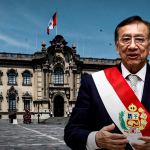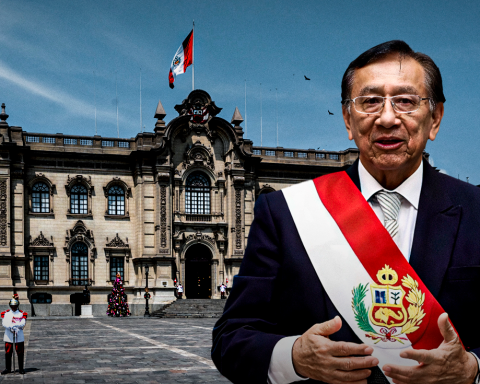D
and bible reading Menno Simons jumped to political conclusions. The former Dutch priest (1496-1561) lived in a world dominated by the territorial Church/State symbiosis. The principle of churches of believers with which Menno identified necessarily confronted not only the establishment religion of the Christendom regime, but also to the political order that denied any other religious belief that was not the official one.
The Anabaptists, practitioners of the baptism of conscientious people and who voluntarily accepted the act, Menno Simons among them, in the sixteenth century were part of the radical reform, which differed from the magisterial reform. This refers to “the established churches of classical Protestantism, both territorial and national (as opposed to the sects, communities, and voluntary churches of radical reform). The adjective ‘magisterial’ comes from the word magistratus that is, the judiciary (councilmen, princes and kings)”, says George H. Williams, in his documented work radical reformpublished by the Economic Culture Fund in 1983.
The hermeneutical difference between Roman Catholicism, classical Protestantism and the Anabaptist movement had a historical context that needs to be understood. The fact that on the same issue, for example infant baptism or whether it was legitimate to resort to violence to impose the faith, each party reached different conclusions derived from their understanding of the Bible, shows that the historical and ideological conditions do not they are neither determining nor mechanical in the conformation of ideas and beliefs.
When the Anabaptists criticized the official Church/State symbiosis for their understanding of the New Testament, they were calling into question a religious and political framework that had been in force for 12 centuries, having begun with the conversion of Constantine the Great in 312. Their biblical dissidence /theology made them, in a world where the official Church/political union prevailed, irremediably social and political dissidents. Defenders of territorial religious unity argued in favor of it citing biblical precepts. The Anabaptists who consolidated themselves as a differentiated aspect of the magisterial reform as of January 21, 1525 (by practicing believers’ baptism in Zurich), also based their religious/political dissidence on passages from the Bible. A hermeneutic conflict then arose between theologians who defended the identification of the State with a single confession and the Anabaptists/Mennonites who, in the 16th century, defended the freedom to dissent from the official religious belief.
Menno Simons read works by Luther and other reformers, but in his intense study of the New Testament he found patterns that led him to distance himself from both the Roman Catholic Church and the magisterial reform. For him, for example, it was inadmissible to resort to violence to defend or impose beliefs. In 1554 he wrote The cross of the saints, excuse of the persecutors, where it states that “by the grace of God that has come to us, we have turned our swords into plowshares and our spears into pitchforks, and we will sit under the true vineyard; that is, Christ, under the Prince of Eternal Peace. And never again will we prepare for carnal conflicts or blood wars. […] We respond not to know or use another sword than the one that Christ himself brought to earth from heaven, and which the apostles wielded with the power of the Spirit; that is, that which proceeds from the mouth of the Lord. This sword of the Spirit is sharper than any two-edged sword, piercing to the dividing of soul and spirit, joints and marrow, discerning the thoughts and intentions of the heart. […] This same sword that we gird we will not abandon before any emperor or king, magistrate or mayor, because Peter says that we have to obey God before men. To the praise and service of Him who has girded us with it, we are bound to use it, whether it be our lot to live or die; if the latter pleased God.
Under persecution Menno exercised his ministry. Emperor Charles V (December 7, 1542) put a price on Simons’s head. He offered a reward of 100 gold guilders to whoever handed him over to the authorities. In the decree he was accused of Anabaptist heresy. Not only was Menno sentenced to death in the document, which he could escape if he retracted his heretical beliefs, but the same penalty would also be applied to anyone who gave him protection, hosted him in his home, provided him with food and gave him a drink, lived or conversed with him, had his writings and/or distributed them. Against everything, the underground Anabaptist communities protected him from his persecutors.

















